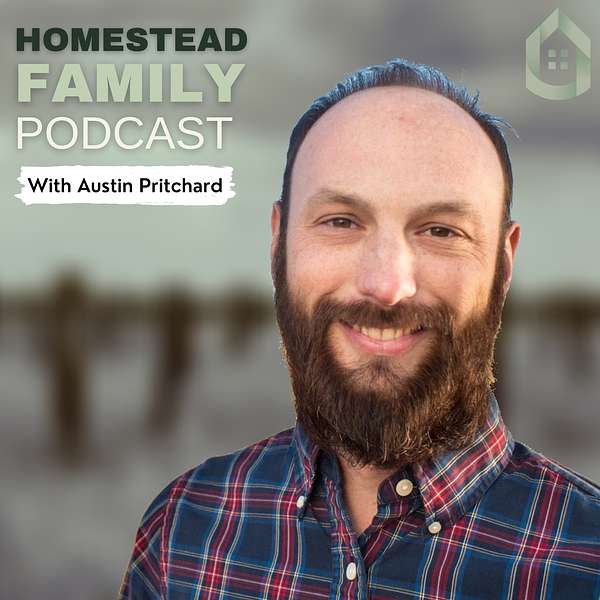
Homestead Family Podcast
Homestead Family Podcast
Worry, Tomorrows Favorite Emotion
Who wouldn't have a little worry?
Worry can be defined as "a state of cognitive distress or worry because of concern over an impending or expected occurrence, risk, or threat." (1) to torment oneself with or suffer from disturbing thoughts; fret. to move with effort: to torment with cares, anxieties, etc.; trouble; plague. a worried condition or feeling; uneasiness or anxiety. a cause of uneasiness or anxiety; trouble. (2)
Worry is a marker or signal that something is wrong. We can leverage our worry by identifying it containing it within healthy concern and allow or concern to inform our planning. This reminds me of an expression I heard a lot in the Air Force, "expect the best, plan for the worst." My personal belief regarding emotions is that we were created with all of them and should embrace each emotion openly, honestly, and appropriately.
What is the worst-case scenario, what is the best-case scenario, what is the most likely scenario?
Now, there are more steps: learning how to prepare. What would coping look like if the worst-case happened? Weighing the cost versus benefit of worry. (Side note: excessive worry really is a learned thought pattern, right the movement from healthy concern to obsessive worry that's learned.) and lastly giving permission to not worry. This is CBT which research shows to be 70-80% effective in reducing anxiety symptoms. (4)
There are questions that we need to continually ask in order to overcome a lot of our worries.
- What am I afraid of?
- Labeling the fear/worry/concern can help to put a cap on the emotion and give a (quote) (unquote) face to the feeling.
- What am I looking forward to?
- Seeing an alternate outcome can siphon the power of worry into the positive alternate-outcome.
- What do I enjoy now?
- Identifying what you currently enjoy now is grounding. Remember worry lives in our undetermined future. The only thing concrete, the only thing known is right now.
CLOSING: I want to encourage you in the middle of what you are facing. "Life has taught you, by simple virtue of living, you can handle hard things.'
LINKS:
Homestead Family Therapy - my website
www.homesteadfamilytherapy.com
Psychology Today - therapist database
www.psychologytoday.com
BetterHelp - 0nline counseling database
www.betterhelp.com
Online Counseling - online counseling database
www.onlinecounseling.com
DISCLAIMER:
Special thanks to Justin Kollars and The Shed Production for the intro music, We love it. As a reminder, podcasts and pretty much any random information on the internet is not a replacement for professional care. This podcast is designed to provide accurate and thought-provoking information, combat the stigma of therapy, and help support you. The opinions and information given on this podcast is given with the understanding that the host and guests are not providing legal, clinical, or professional information. If you believe you may need support or care you should seek out an appropriate professional near you.
References:
1WorryN., Pam M.S., "WORRY," in PsychologyDictionary.org, April 29, 2013, https://psychologydictionary.org/worry/ (accessed January 9, 2021).
2 WorryN., Dictionary.com, (N.D.), Worry | Definition of Worry at Dictionary.com (accessed January 9, 2021).
4 Durham, R.C. (1995). Comparing treatments for generalized anxiety dis